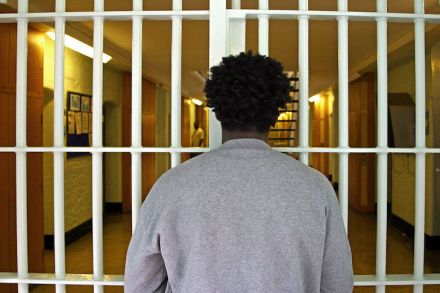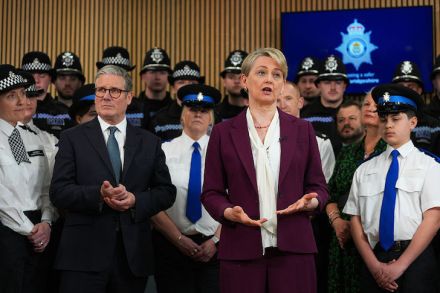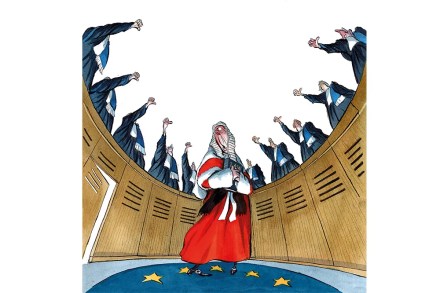The flaw in the CofE’s £150 million victims’ fund
To much fanfare, the Church of England this week instituted a plan, funded to the tune of some £150 million and overseen by a well-respected City law firm, to compensate the victims of abuse carried out by church officials. So far, so good. But when we are talking big money like this, eligibility needs to




















